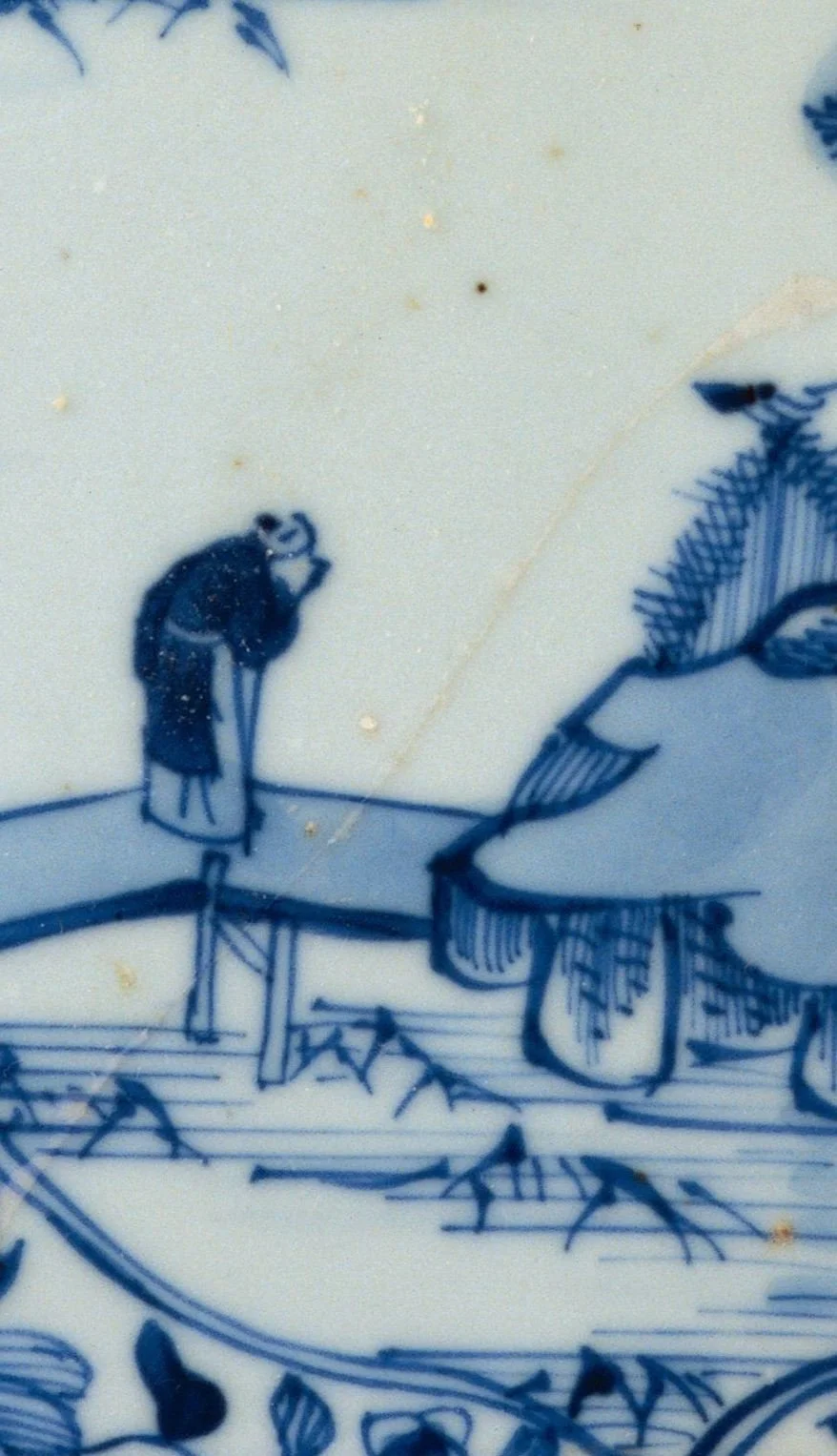
The Doubter
— Bertolt Brecht
Whenever to us it seemed
The answer to a question had been found
One of us loosed the cord on the wall of the old
Furled Chinese canvas, so that it unrolled and
Revealed the man on the bench, who
Doubted so deeply.
I, he said to us
Am the doubter. I doubt whether
The work that has consumed your days has been well done.
Whether what you say, were it less well said, would be of worth to anyone
Whether, rather, you said it well but perhaps did not
Attend to the truth of what you said.
Whether it is not ambiguous—for you are responsible
For every possible error. Or it may be too unambiguous
And remove the contradictions from things: is it too unambiguous?
For if so, what you say is useless. Your thing is lifeless then.
Are you truly in the flow of things? At one with
Everything that is becoming? Are you still becoming? Who are you? To whom
Do you speak? To whom is what you have to say of use?
And, by the way:
Does it leave you clear-headed? Can it be read in the morning?
Is it connected to what is already there to hand? Have you made use
Of the sentences spoken before you—at least to refute them? Is everything verifiable?
By experience? By what experience?
But above all
Always and above all else: how does one act
If one believes what you say? Above all: how does one act?
Thoughtfully, curiously, we saw the doubting
Blue man on the canvas, looked at one another and
Started once more from the beginning.
[from The Collected Poems of Bertolt Brecht—(© 2018 David Constantine and Tom Kuhn, published by Liveright; Translation edition]